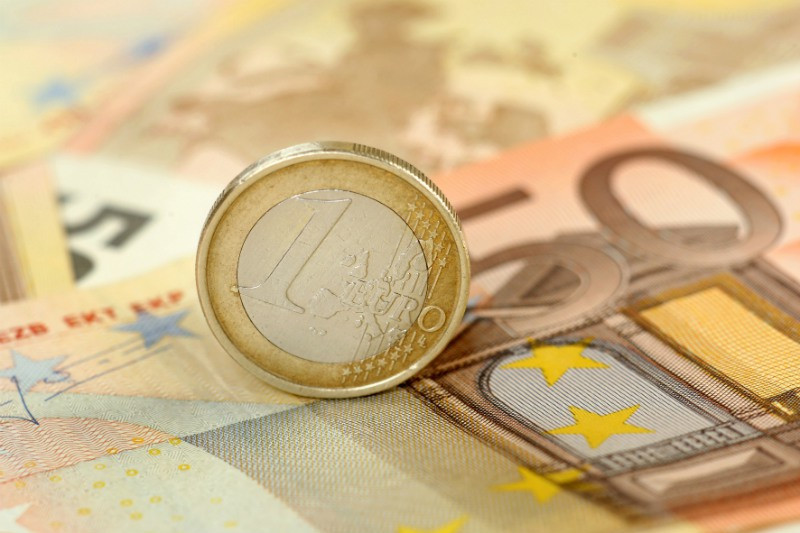In anticipation of one of the most important meetings of the European Central Bank on monetary policy this year, the euro is trading near two-month lows against the US dollar, remaining under the yoke of a number of problems.
In anticipation of one of the most important meetings of the European Central Bank (ECB) on monetary policy this year, the euro is trading near two-months low against the US dollar, remaining under the pressure of a number of problems.

On the eve of a portion of negative news for the euro came from the foreign trade front. EU Trade Representative Cecilia Malmstrom stated that the US is not in a hurry to begin negotiations with the free trade alliance.
She also said that if the United States imposes duties on European cars imported into the country, the EU will respond with additional tariffs on American goods in the amount of € 35 billion.
According to analysts, this may cause an escalation of transatlantic tensions since the cost of EU car exports to the US market is about 10 times higher than supplies to the US from a block of steel and aluminum combined.
Another factor of pressure on the euro is the fact that Boris Johnson became the new head of the UK government, advocating the country's withdrawal from the EU at any cost.
After the victory of Boris Johnson in the fight for the chair of the Prime Minister, the chances for an unorganized Brexit increased dramatically. It is assumed that if the "hard" scenario is implemented, then Foggy Albion will plunge into recession. The Bank of England will lower the interest rate and the pound will lose 5-10% in weight, pulling the single European currency.
In addition, the economic outlook for the eurozone is still bleak. The mood of European business circles is deteriorating and activity in the manufacturing sector is slowing. Meanwhile, inflation in the region remains suppressed.
In the best way for the euro is the situation in the field of monetary policy.
Rumors that the ECB President Mario Draghi may be gallant and present a gift, Christine Lagarde, to replace him in this post in the form of lightening of monetary policy are being actively circulated on the market.
As a rule, the European regulator prepares investors for serious changes in advance. Therefore, it may as well take the first step in this direction this week by adjusting the signals to the market.
Now, the main question is when the ECB will begin mitigating, which may include lowering interest rates and resuming the asset purchase program.
Also, it would obviously be interesting for investors to find out whether the financial institutions will increase its limits on the redemption of bonds and hint at any further plans regarding the transition to a multi-level rate.
It is not excluded that the regulator will refrain from actions this week to find out what the scale of the projected Fed rate cut will be next week and whether the statistics for the eurozone will improve.
Bloomberg experts expect that the European Central Bank will reduce the rate on deposits from -0.4% to -0.5% in September. In turn, Rabobank experts assume that the rate may even fall to -0.8%.
"Perhaps the ECB will not wait until September and will surprise the market. The regulator may go all-in and lower the deposit rate by 20 basis points this coming Thursday to get ahead of the Fed's potential easing," said currency strategists at Commerzbank.
Thus, despite the fact that the potential of the Federal Reserve's monetary expansion is greater than that of the ECB, it is the latter that can show increased activity in easing monetary policy.
If the American regulator pauses this process after the reduction of the interest rate in July, then the EUR/USD risks a drop to 1.1 and may even go to 1.05. However, before the pair leaves the medium-term consolidation range of 1.11-1.14, it is premature to speak about a serious downward movement.





















